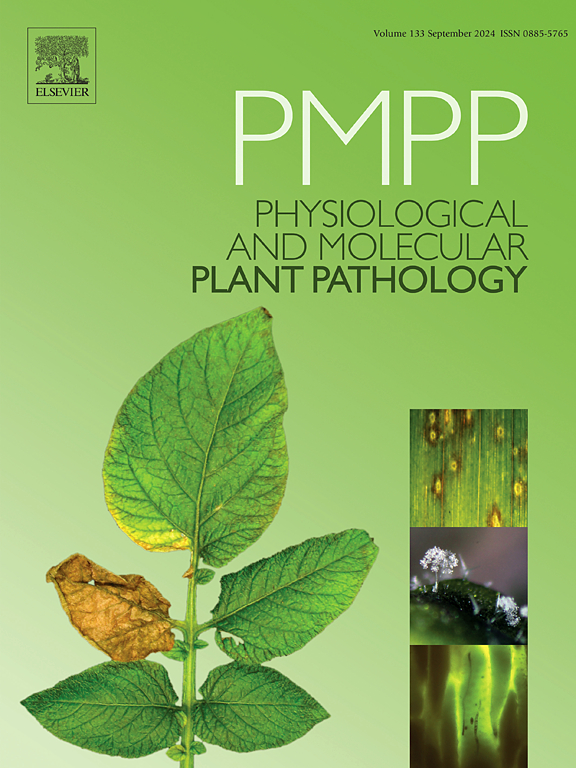Sustainable futures: Allyl isothiocyanate in agro-industry and food science
IF 2.8
3区 农林科学
Q2 PLANT SCIENCES
引用次数: 0
Abstract
Allyl isothiocyanate (AITC) is a phytochemical predominantly found in cruciferous vegetables such as cabbage, broccoli, and mustard. It exhibits a wide array of biological activities, making it a valuable candidate for applications in both agriculture and food industry. In agriculture, its pesticidal properties offer a natural alternative for managing soil-borne pathogens, nematodes, and insects. Research has demonstrated AITC to be a promising bio-fumigant for controlling nematodes, insects, and soil-borne microbes. In food industry, AITC acts as a preservative and helping to extend the shelf life of food products. However, application challenges may be due to its low aqueous solubility and poor bioavailability. While scientific evidence supports its diverse applications, further research is needed to optimize AITC's efficacy and safety for practical use in both the agricultural and food industries. This review provides an overall comprehensive view on the use of AITC along with bibliometric data on the impact and influence of AITC research in various fields of Agriculture and Food Science.

求助全文
约1分钟内获得全文
求助全文
来源期刊
CiteScore
4.30
自引率
7.40%
发文量
130
审稿时长
38 days
期刊介绍:
Physiological and Molecular Plant Pathology provides an International forum for original research papers, reviews, and commentaries on all aspects of the molecular biology, biochemistry, physiology, histology and cytology, genetics and evolution of plant-microbe interactions.
Papers on all kinds of infective pathogen, including viruses, prokaryotes, fungi, and nematodes, as well as mutualistic organisms such as Rhizobium and mycorrhyzal fungi, are acceptable as long as they have a bearing on the interaction between pathogen and plant.

 求助内容:
求助内容: 应助结果提醒方式:
应助结果提醒方式:


